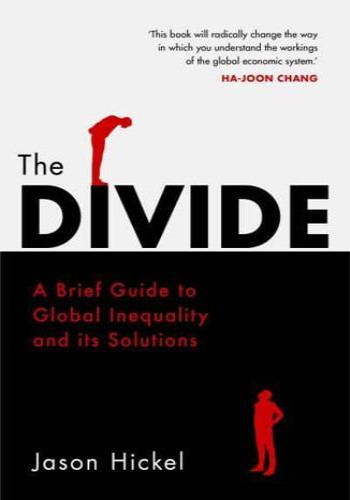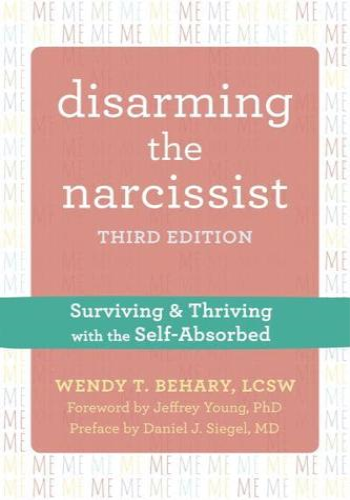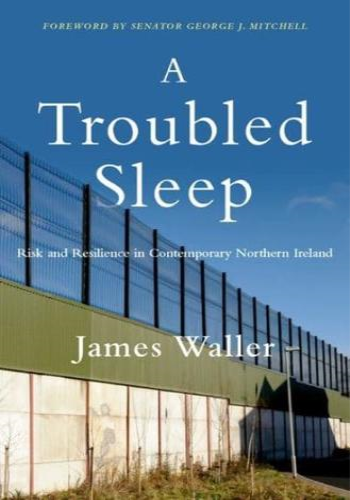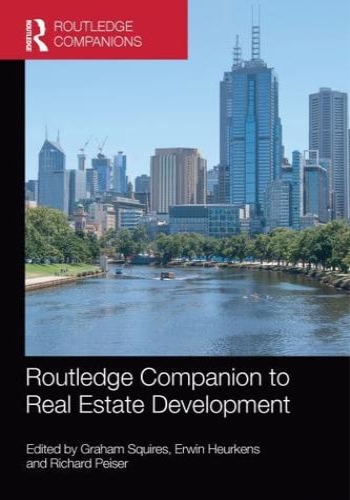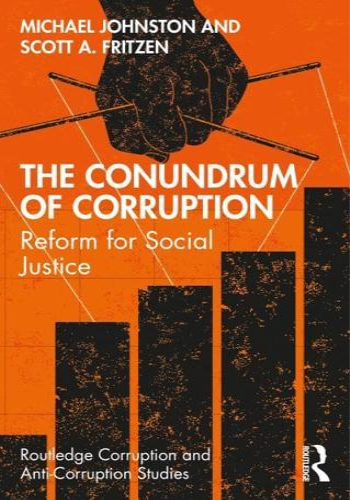________________
'There's no understanding global inequality without understanding its history. In The Divide, Jason Hickel brilliantly lays it out, layer upon layer, until you are left reeling with the outrage of it all.' - Kate Raworth, author of Doughnut Economics
· The richest eight people control more wealth than the poorest half of the world combined.
· Today, 60 per cent of the world's population lives on less than $5 a day.
· Though global real GDP has nearly tripled since 1980, 1.1 billion more people are now living in poverty.
For decades we have been told a story: that development is working, that poverty is a natural phenomenon and will be eradicated through aid by 2030. But just because it is a comforting tale doesn't make it true. Poor countries are poor because they are integrated into the global economic system on unequal terms, and aid only helps to hide this.
Drawing on pioneering research and years of first-hand experience, The Divide tracks the evolution of global inequality - from the expeditions of Christopher Columbus to the present day - offering revelatory answers to some of humanity's greatest problems. It is a provocative, urgent and ultimately uplifting account of how the world works, and how it can change for the better.


